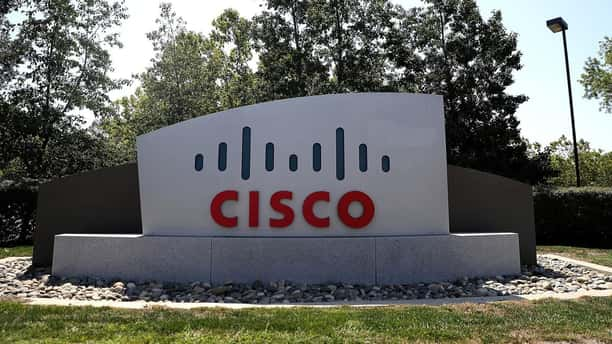In today’s dynamic marketplace, manufacturing firms must constantly adapt and innovate simply to remain competitive – and the makeup of their workforce is no exception. According to the latest figures, the average age of manufacturing workers is currently more than 40, while the industry also faces a widening skills gap. Attracting and integrating the next wave of talent has become an urgent priority.

In the near term at least, most of these new workers will come from Gen Z. Born between 1997 and 2007, this generation now makes up 14% of the US population, and we can expect them to have a profound impact on how companies recruit, engage and retain top talent.
As a recognized leader in cultural anthropology, Ernst & Young LLP Managing Director Marcie Merriman has led extensive research globally into how Gen Z thinks and behaves and regularly advises firms on ways to meet their unique and evolving needs. In particular, she has identified three key characteristics that manufacturers must recognize and understand to successfully integrate Gen Z into their future workforce.
Authenticity matters
Gen Z sees authenticity as key to the type of individuals and, crucially, companies with which they choose to align themselves. Unlike their predecessors, Gen Z doesn’t rely solely on traditional metrics like annual reports and financial statements to evaluate an organization’s authenticity. Instead, they scour online reviews and social media and place great stock on real, reported experiences of employees.
For them, authenticity is a litmus test that gauges a company’s commitment to its professed values. Manufacturing firms must heed this, making it clear that their commitments and goals around diversity, equity, and inclusion to climate change and social justice are backed up by genuine, demonstrable action.
Like authenticity, Gen Z places a high value on fairness for themselves and their colleagues and peers. This focus on we as well as me means their evaluation of companies reaches beyond just their career and performance. They want clear and actionable commitments in areas like equitable pay, fair work assignments, and open opportunities for learning and development.
Creating an inclusive environment that prioritizes fairness and empowers everyone to be effective, productive and fulfilled in their role will, therefore, be key to attracting and retaining this new generation of workers. Not just in departmental or geographical silos either – from the executive bench to the shop floor.
 Forbes Business00:1201:12
Forbes Business00:1201:12





 Ukrainian Armor Has Breached The First of ThreeRussian Trenches Outside Verbove
Ukrainian Armor Has Breached The First of ThreeRussian Trenches Outside Verbove
A new work-life balance
Gen Z is redefining the traditional concept of work-life balance. Rather than simply yearning for an equilibrium between their professional and personal lives – that’s table stakes – they want a career that fits their values and lifestyle.
This means they think differently about productivity, viewing it not just as an output but as their ability to contribute to everything the organization does. They want a voice in decision-making, an active role in operations, and a professional environment that enables them to harness user-friendly technologies as they do in their personal lives.
As Merriman explains, “It’s not that they necessarily understand technology any better, it’s that they have an expectation of how it’s used and how intuitive it should be for them to execute their work.”
Three focus areas
Understandably, manufacturing firms – like those in other sectors – may feel somewhat aggrieved at having their businesses and operating models reshaped by a new generation of workers, some of whom aren’t yet out of high school, let alone college.
Yet doing nothing isn’t an option. Gen Z and its idiosyncratic needs are coming, and firms that want to win in the future must embrace and respond to this shifting landscape. Here are three areas where the industry’s leaders and boards should focus to unlock Gen Z’s undoubted potential:
Leading the future
Gen Z’s potential to bridge the skills gap, augment (and ultimately replace) an aging workforce, and drive transformation in manufacturing shouldn’t be underestimated. It is, Merriman says, “incumbent upon industry leaders to adapt, listen, learn and engage with them – both proactively and strategically.”
That’s not to say it will be easy or that firms should overlook the rest of their workforce to bend to Gen Z’s every wish and whim. But by aligning with their expectations around authenticity, work-life integration, fairness, technology, and social impact, they can make the industry an attractive and sought-after career choice for the next wave of talent.
Perhaps more than any other group in history, Gen Z enters the workforce with a unique set of perspectives, values and skills. Harness them correctly, and manufacturers can look forward to a new generation of innovation, productivity and success.
The views reflected in this article are those of the author and do not necessarily reflect the views of Ernst & Young LLP or other members of the global EY organization.
© OfficialAffairs